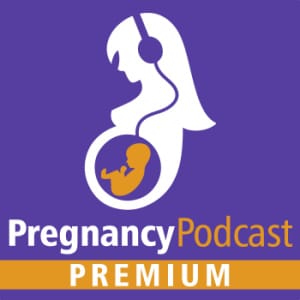Overview
The growing body of research on sleep demonstrates the absolute necessity of sleep for every biological function. Your body changes significantly during pregnancy and while recovering from birth and breastfeeding. One of the best interventions for your health, recovery, and your baby’s health is to get good sleep. Unfortunately, these life stages also come with challenges to your sleep. Those challenges can be in the form of common pregnancy symptoms or a newborn who needs you at all hours of the night. The good news is that there are evidence-based tools and tips to overcome these challenges and improve your sleep.

